
Below are this weeks funding opportunities:
Welcome Trust- Senior Investigator Awards in Biomedical Science.
Senior Investigator Awards support exceptional, world-class researchers, who hold an established academic position. We will support researchers who have an international track-record of significant achievement relative to their career stage, who have demonstrated the originality and impact of their research, and who are leaders in their field.Senior Investigator Awards provide flexible support to enable the best researchers to address the most important questions about health and disease. Awards may be small or large, but candidates must be able to articulate a compelling vision for their research and set out the approaches they will take.
Senior Investigator Awards provide a flexible package of funding that is driven by the requirements of the proposed research. A Senior Investigator Award might be anything up to £425k per year, and for any duration of up to a maximum of seven years. Costs should be suited to and clearly justified by the proposed research and the approaches you will take.
- Full application closing date: 20/02/2015
- Shortlisting of candidates by Expert Review Group: April-May/2015
- Shortlisted candidate interviews by Interview Panel: 7-9/06/2015
Innovate UK- Innovation Vouchers
An Innovation Voucher gives you up to £5,000 to work with an external expert for the first time. It allows you to gain new knowledge to help your business innovate, develop and grow. That expert help could be advice on a novel idea, on using design within your business or on how to make the most of intellectual property (IP). Our national Innovation Voucher scheme gives you access to a wide range of expert suppliers. They include universities, further education colleges, research and technology organisations, Catapult centres and technical, design and IP consultancies. For instance, equipment.data.ac.uk is an excellent source of advice on university research equipment.
You can apply at any time, with around 100 vouchers being awarded every three months – in October, January, April and July.
The ESRC in partnership with a range of funding partners jointly invites full proposals from eligible research organisations to bid for funding to undertake evidence programmes to underpin a new and independent What Works Centre for Wellbeing.
Interest in wellbeing is growing both nationally and internationally and the UK is regarded as one of the leading countries in this area in terms of measurement, innovative uses of wellbeing data and academics in the field. International focus has been on how societies, governments, communities and populations measure their progress, in more holistic ways – including the UK’s Legatum Institute’s Commission on Wellbeing and Policy. In November 2010, a national ‘measuring wellbeing’ programme was launched by the Office of National Statistics (ONS) driven by public consultation. ONS now publishes regular wellbeing reports and data at a national and local level and has developed a measurement tool for wellbeing comprising 10 domains. A recent All Party Parliamentary Group on Wellbeing Economics has published a report on translating wellbeing evidence into policy, which argues that ‘the time is right to move from national wellbeing measurement to a national wellbeing strategy’.
Proposals are invited for the 2015-16 Advanced Training: Short Courses (ATSC) training initiative. Initiatives funded as part of this scheme must be completed by 31 March 2016.
This call invites proposals offering training initiatives in a variety of forms that fall both within the NERC science remit as well as addressing one or more of the Priority Training Areas contained within the ATSC Announcement of Opportunity document. These training initiatives must prioritise NERC-funded PhD students or develop the skills of environmental sciences early career researchers (working within academic and/or non-academic settings) for future careers in research and other contexts.
NERC has a total budget of £1m for this scheme. The maximum applicants can apply for to run a training initiative is £100k although it is expected that most training initiatives will request £20k-£50k.
The Wellcome Trust is particularly interested in receiving applications from university lecturers within the first five years of their independent research careers. New Investigator Awards are intended to support strong researchers who are in the early stages of their independent research careers and have already shown that they can innovate and drive advances in their field of study. Candidates should be no more than five years from appointment to their first academic position.These Awards provide flexible support at a level and length appropriate to enable the best researchers to address the most important questions about health and disease. Awards may equally be small or large, but candidates should be able to articulate a compelling vision for their research, while ensuring that their proposal and requested funding is appropriate to their research experience to date.
New Investigator Awards provide a flexible package of funding that is driven by the requirements of the proposed research. An award can be worth anything up to £425k per year and for any duration up to a maximum of seven years. Requested costs should be suited to, and clearly justified by, the proposed research, and candidates should ensure that the scope of the proposal and the associated resources are appropriate for their career stage and research experience to date.
- Full application closing date: 20/02/ 2015
- Shortlisting of candidates by Expert Review Group: April-May/2015
- Shortlisted candidate interviews by Interview Panel: 7-9 /07/ 2015
The AHRC and BBC Radio 3 are looking for applications for the New Generation Thinkers of 2015. This pioneering scheme aims to develop a new generation of academics who can bring the best of university research and scholarly ideas to a broad audience – through BBC broadcasting. It’s a chance for early career researchers to cultivate the skills to communicate their research findings to those outside the academic community.Each year, up to sixty successful applicants have a chance to develop their programme-making ideas with experienced BBC producers at a series of dedicated workshops and, of these up to ten will become Radio 3’s resident New Generation Thinkers. They will benefit from a unique opportunity to develop their own programmes for BBC Radio 3 and a chance to regularly appear on air.
The aim of the scheme is to provide a development opportunity for early career researchers to cultivate the skills to communicate their research findings to those outside the academic community. The scheme wants to find the new generation of academics who can bring the best of the latest university research and scholarly ideas to a broad audience. Applications should demonstrate an engaging and stimulating programme but also demonstrate an ability to talk about other subjects areas within the arts and humanities in an accessible andrefreshing manner, with awareness of the wider listening audience. We would recommend that you listen to the 2014 winners’ programmes on BBC iPlayer Radio.
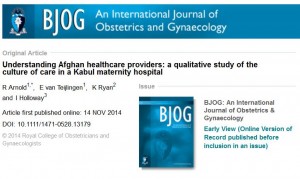
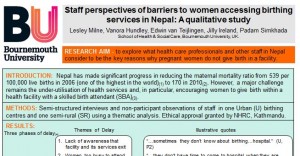
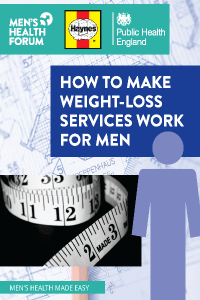

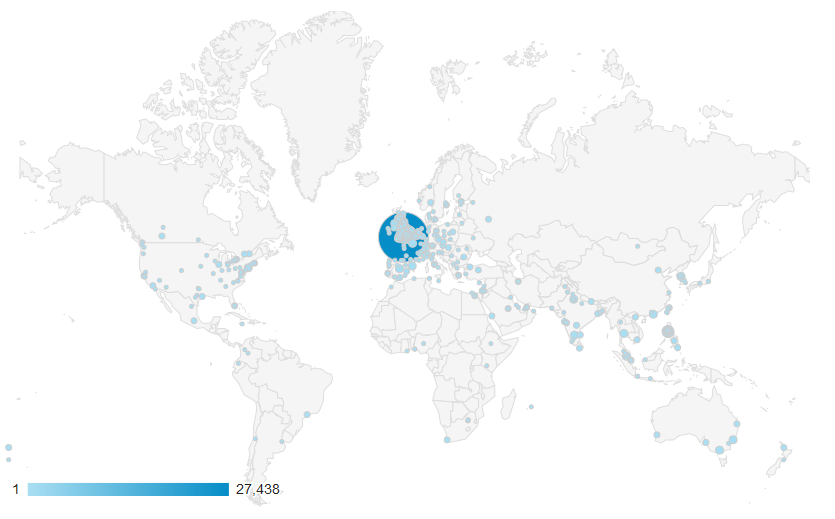


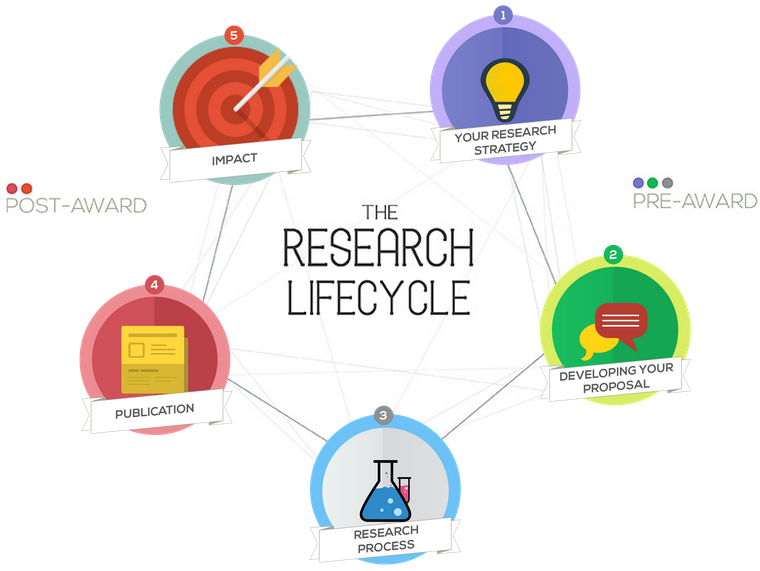

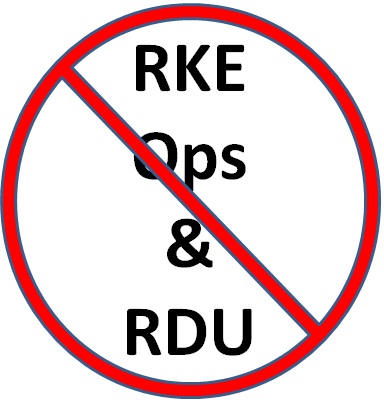
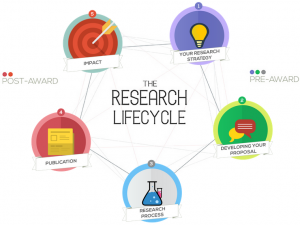



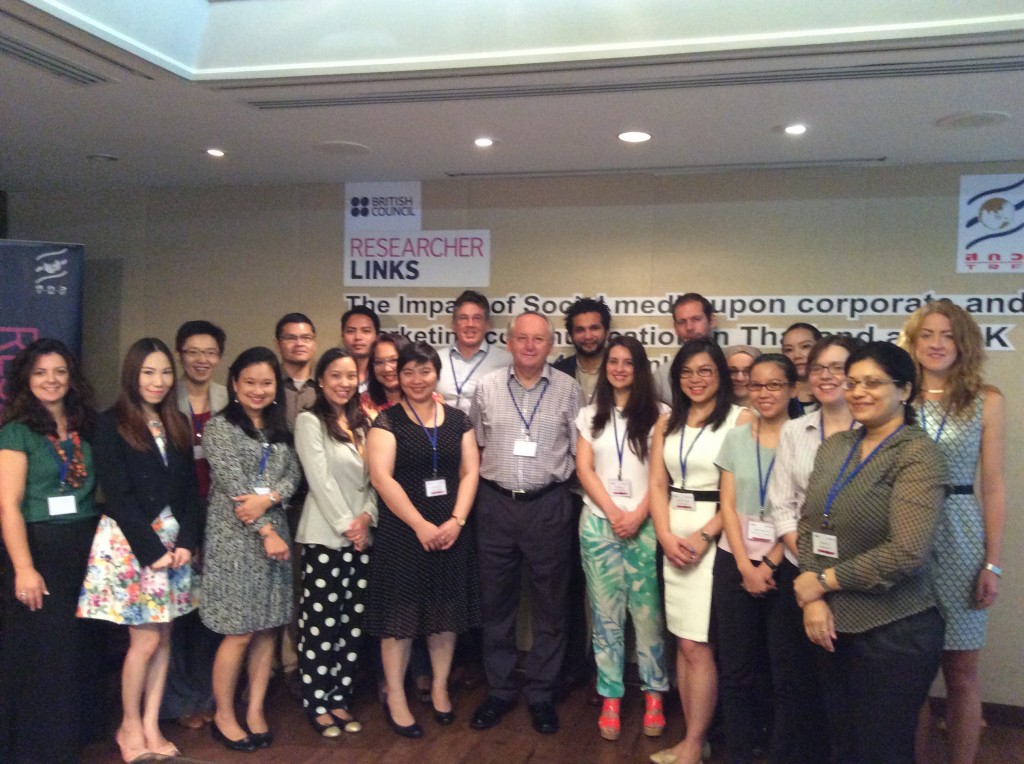











 Conversation article: How 2-Tone brought new ideas about race and culture to young people beyond the inner cities
Conversation article: How 2-Tone brought new ideas about race and culture to young people beyond the inner cities Upcoming 3C Event – PGR Culture, Community & Cake
Upcoming 3C Event – PGR Culture, Community & Cake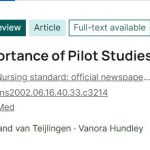 Paper with 160,000 reads
Paper with 160,000 reads The Month in Research: April 2024
The Month in Research: April 2024 Apply for up to £1,000 to deliver an event and take part in a national festival of public engagement with research
Apply for up to £1,000 to deliver an event and take part in a national festival of public engagement with research MSCA Postdoctoral Fellowships 2024
MSCA Postdoctoral Fellowships 2024 Horizon Europe News – December 2023
Horizon Europe News – December 2023